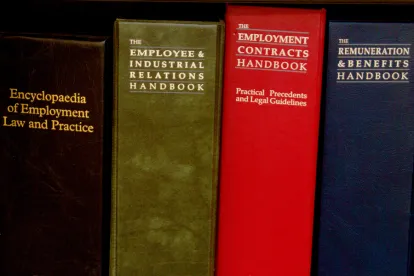Reginald Mitchell sued his former employer, the California Department of Public Health, for racial discrimination in violation of the Fair Employment and Housing Act ("FEHA"). The trial court sustained the employer's demurrer based upon the statute of limitations, but the Court of Appeal reversed, holding that the complaint sufficiently established a claim of equitable tolling that prevented dismissal. The California Department of Fair Employment and Housing ("DFEH") issued a right-to-sue letter on September 9, 2011 and stated that the federal Equal Employment Opportunity Commission ("EEOC") would be responsible for processing the complaint. The letter further notified Mitchell that the one-year period to initiate a civil proceeding would be tolled if the investigation of the charge was deferred to the EEOC. The EEOC issued its letter of determination on September 30, 2013, stating that there was "reasonable cause" to believe Mitchell had suffered racial discrimination in violation of Title VII. After conciliation efforts failed, the Department of Justice issued a federal right-to-sue notice, which Mitchell received on March 21, 2014. Mitchell filed his FEHA civil action on July 8, 2014 (17 days beyond the 90-day federal right-to-sue period). In response to the employer's demurrer, Mitchell argued that the one-year FEHA limitation period did not expire until September 30, 2014, one year (not 90 days) from the date of the EEOC's letter of determination. The Court of Appeal agreed that the one-year FEHA limitation period was equitably tolled during the period of the EEOC investigation based upon Mitchell's alleged "reasonable and good faith conduct."
Mitchell v. California Dep't of Public Health, 1 Cal. App. 5th 1000 (2016)



 />i
/>i

